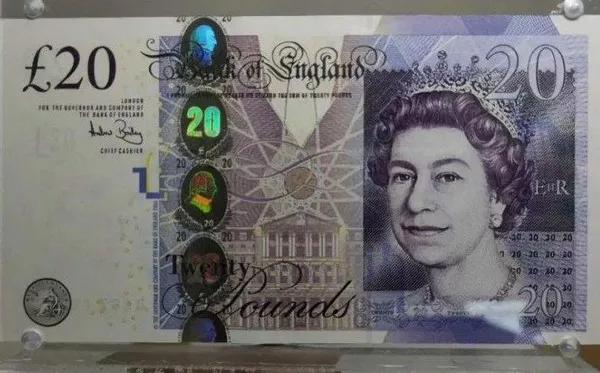In the Asian market on Tuesday, GBP/JPY extended losses for the second consecutive trading day, falling to around 187.40. The GBP/JPY cross is facing the challenge of risk aversion due to escalating tensions in the Middle East, which has prompted investors to seek the safe-haven Japanese yen, which has therefore become a headwind for GBP/JPY.
U.S. President Joe Biden’s administration is expected to approve military action in retaliation for recent drone attacks on U.S. outposts in Jordan. The attack killed three U.S. troops and wounded at least 24 others.
The unemployment rate in December released by the Ministry of Health, Labor and Welfare showed that the number of unemployed people in Japan fell. The report showed the unemployment rate fell to 2.4%, while the consensus was that it would remain at 2.5%. In addition, investors will also focus on retail sales data due to be released on Wednesday. Retail sales are expected to come in at an annual rate of 4.7% in December, down from 5.3% in the previous month.
The Bank of England (BOE) is expected to keep interest rates unchanged at 5.25% at its February monetary policy meeting. Bank of England members stressed the importance of maintaining restrictive monetary policy over the longer term to address inflation.
Bank of England Governor Andrew Bailey said it was too early to consider lowering interest rates. However, if there are signs that inflation is improving, the central bank may reconsider its policy stance of cutting interest rates. Market participants have adjusted their expectations for a rate cut from the Bank of England, fully pricing in the first cut in June rather than May as previously expected.


